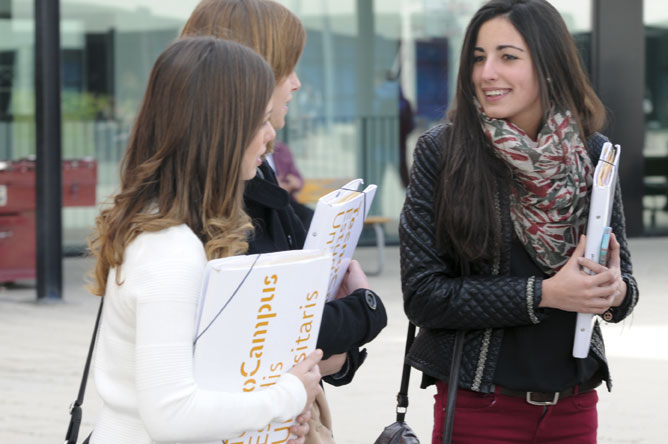This post is especially dedicated to my Touristologists learning the subject which combine Touristology and Web-Engineering. I like to begin the class with this picture from Escher..
You are unable to understand this picture if you don’t realize that it’s compulsory to increase your perspective. It’s not a hand drawing a hand which at the same time is drawing the first one! This is not possible! This picture only makes sense if you imagine the artist dealing, understanding, controlling… the two hands.
It’s exactly the same when you want to improve the main processes in a tourism company or destination using the new technologies internet oriented.
One hand represents the Business Model.
The other hand represents the technological scheme.
The other hand represents the technological scheme.
This year I make a promise to them “You will learn how to create, or at least how to deal with a team which will create, the best mobile application for the tourism sector”
As Bruce Lee said “A goal is not always meant to be reached, it often serves simply as something to aim at”
Some of my Touristologists are eager to learn any subject related to math or programming. Others get scared because it means more hours of study and they have to challenge the silly idea that Touristologist are not good in sciences. BUT we are not here to learn easy things. We are here to learn whatever it takes to achieve our goals: To become the best professionals in the tourism field!!!
First hand: The Business Model:
Let’s see a few examples where the business models it will be incomplete as I only describe basic functionalities… Do you dare/want to finish them?
1) Augmented Reality Cinema. This is still a “wannabe” application, maybe some people can argue if this is or not augmented reality but this is, definitely, a good idea to create a route based upon a film or a book!
2) Hotels by Travel Time. This is another interesting app coming from Google
As you can see you search for a tourism resource and it will appear the nearest hotels using as a criteria, time to go from the hotel to the tourism resources (you can specify if you will travel on foot, by public transport…)
Second hand: The Technological Scheme:
What about the technology to develop it? The other day I have the opportunity to talk with one of my Touristologist that nowadays is an entrepreneur. He has created a company mixing Touristology and Web-Engineering focus on Location Based Services (LBS).
Jordi- He said to me – I have everything under control!
Perfect- Proudly I reply! Are you using native applications or mobile web apps?
Which is the difference? – He calmly reply
ummm… everything under control?
For starters, you can create native applications using the specific SDK that each vendor provides (Apple, Android, RIM = Blackberry; Microsoft = Nokia…) This approach means full access of API and sensors and a better performance BUT (always a but) you have to customize your app to each device.
Other approach is to create mobile apps taking the most of HTML5, CCS3 and JavaScript (usually Jquery).
Thanks to frameworks like phonegap you have partial access to APIs and sensors. One important handicap is that, at this moment, you can use single touch events BUT not multi touch events. What this problem is disappearing very fast.
Nowadays, it doesn’t appear a clear winner so as usual you have to see the all pictures and be ready for all the possible scenarios
Have I already said to you that there are plenty of opportunities in Touristology? Are you sure you can allow yourself to forget about the technological hand?
Come On! If not you, who? If not now, when?
Jordi Oller
joller@tecnocampus.cat
http://turistoleg.blogspot.com
www.twitter.com/Turistoleg


